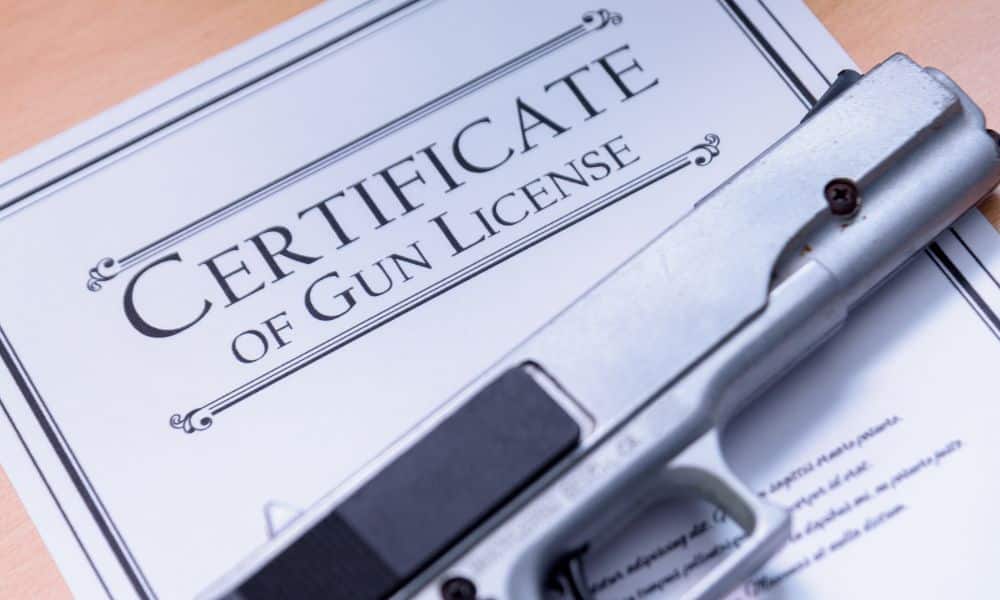Top 3 Misconceptions About Federal Firearms Licenses
Paul Baptist | Posted on |


A cloud of mystery surrounds FFLs, their compliance regulations, and whether their violations can result in jail time. In this article, you’ll learn about the top three misconceptions about federal firearms licenses and their actual truths.
FFL Applications Are Difficult To Complete
Filling out an FFL application may be time-consuming but it doesn’t make its completion impossible. Unless you’re intentionally providing erroneous information on paperwork, there is seldom an issue when completing an application.
Applicants may need to provide recordkeeping documentation to show proof of their FFL merchant account and inventory, similar to a checkbook register. This documentation is an effective way to keep track of your sales and is something your business should do at all times.
It’ll Subject You To Continuous Monitoring by the ATF
Many applicants may believe that once they initiate the FFL application process, it sends a notification to the ATF, and you’ll experience a life of surveillance and monitoring. While the ATF issues and renews FFLs, the organization may only conduct one annual warrantless inspection to ensure compliance.
Compliance inspections can occur anytime within a business’s operational hours and premises. If the owner doesn’t comply with the review, it may result in violations and license revocations.
Conversely, most businesses rarely see inspections, with some seeing as many as a couple of visits in 10 years of having an FFL. In other words, if you’re following the rules and conducting ethical business practices, you don’t have much to worry about.
Differentiating Personal Inventory From Business Merchandise Is a Challenge
Several options negate the need for personal inventory to mix with business products. You’ll want to store private collections and items before acquiring an FFL in a separate location from your business stock.
Afterward, you can add merchandise into an inventory, as long as you keep a clear record of it in your books and remove it from your personal collection. Additionally, marking a product as “Not For Sale” with a tag is another way to ensure that a client doesn’t accidentally end up with a personal item.
Lastly, you can maintain a merchandise record in a booklet that indicates product specifications, including serial numbers, makes, and models of products for personal use.
While there are misconceptions about federal firearms licenses, having them isn’t as overwhelming or stressful as many can make it seem. For more information on FFLs, their process, and high-risk merchant accounts, please visit our Electronic Transfer website!


